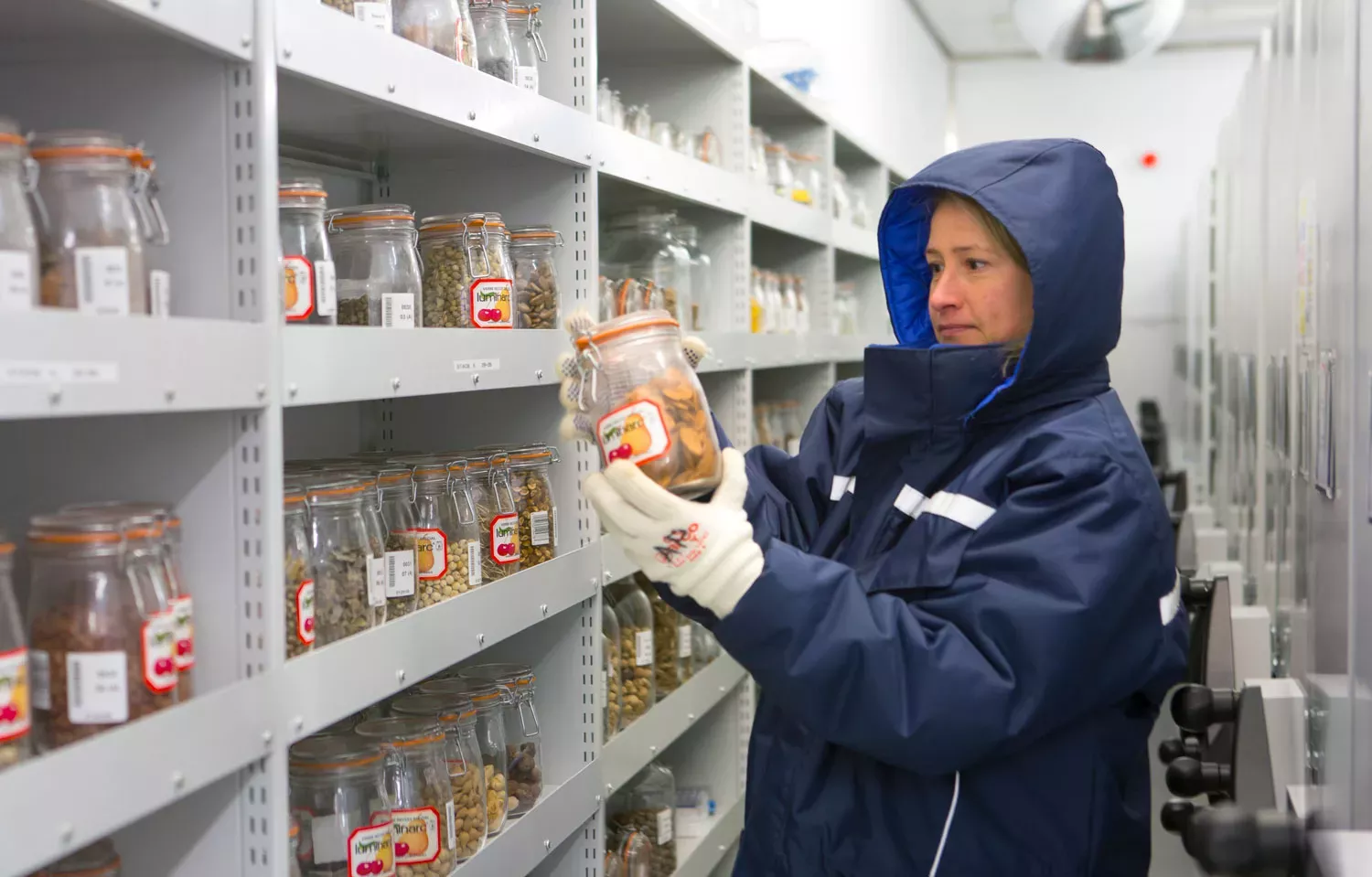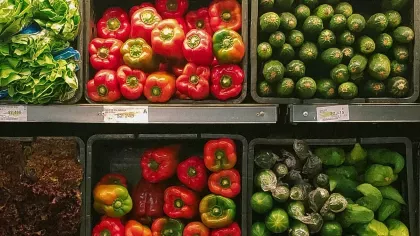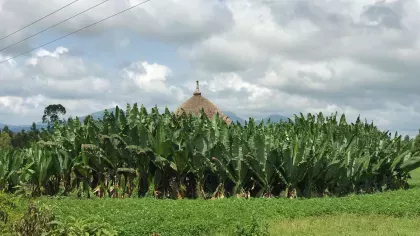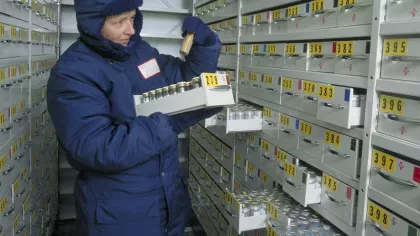29 March 2018
Seed banking could protect your roast
Scientists from the Millennium Seed Bank explain exactly what they are doing to protect the carrots for your Sunday roast - and lots of other foods that are regulars on our dinner plates.

Carrots under threat
Can you imagine your roast dinner without carrots?
No, neither can we.
Carrots are one of our favourite vegetables here in the UK and an important source of vitamins.
Carrots, like other vegetables, require a ready supply of water to produce their colourful taproots, and there is a concern that with our changing climate, farmers will find it increasingly difficult to provide our supermarkets with a ready supply.
Caring for carrot wild relatives
This is one of the reasons why Kew scientists and partners are safeguarding the wild relatives of our beloved carrot, as well as other food crops such as rice and wheat. It is believed that these wild plants have traits that could make them more resilient to our changing climate.
Teams of scientists collect the seeds from wild relative plants around the world, so plant breeders can use them to help breed new and improved crops.
The first stage of the process is that wild seed collections around the world are sent to the Millennium Seed Bank. They are stored in the -20°C vaults, to ensure their long-term conservation. Seeds are then sent to plant breeders around the world who use them in their breeding programmes.
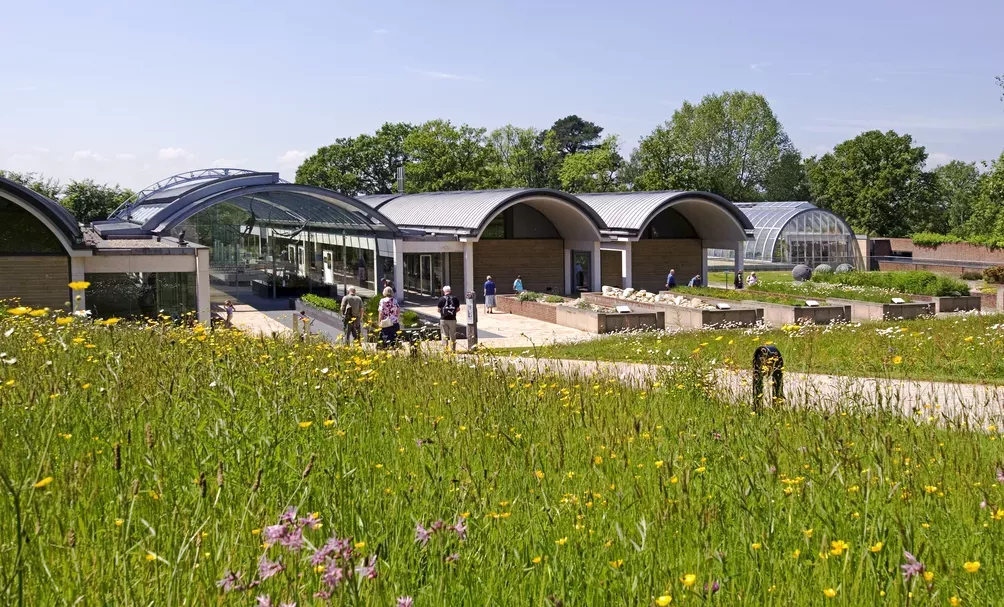
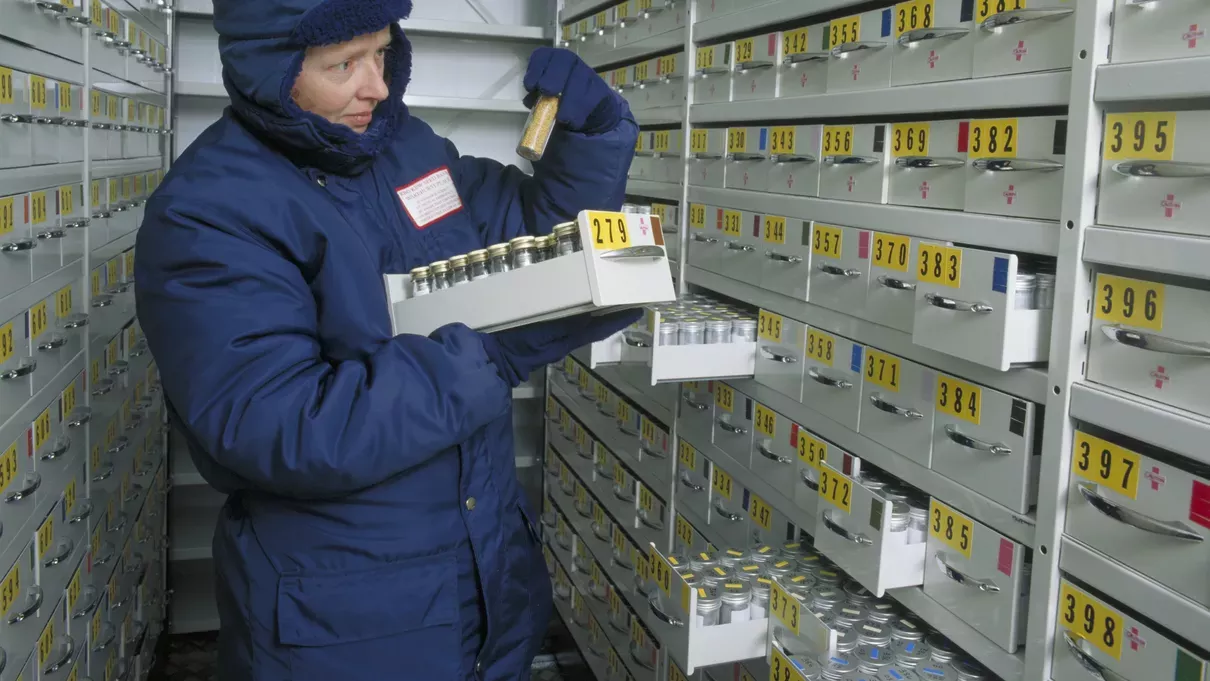
Bringing back diversity to our dinner plates
Our current crops have lost some of their resilience because, over time, we have domesticated them, by selectively inbreeding certain traits that make them tasty to eat, easy to grow, or can be stored for long periods. This has narrowed their genetic diversity and left them vulnerable, unable to adapt to challenges like increasing temperatures and drought.
Thankfully, the wild relatives of these crops contain much greater genetic diversity. This is because they have had to adapt to environmental challenges to survive in the wild. They contain traits that have the potential to help food crops become more resilient in the face of diseases and climate change – protecting the vegetables for our Easter roast for future generations.
The Crop Wild Relatives Project
The Crop Wild Relatives project is part of a ten-year initiative, managed by the Global Crop Diversity Trust with the Millennium Seed Bank Partnership. The Millennium Seed Bank Partnership works with 24 partners around the world and is supported by the Government of Norway. This global project is implemented in partnership with national and international gene banks as well as plant breeding programmes worldwide.
